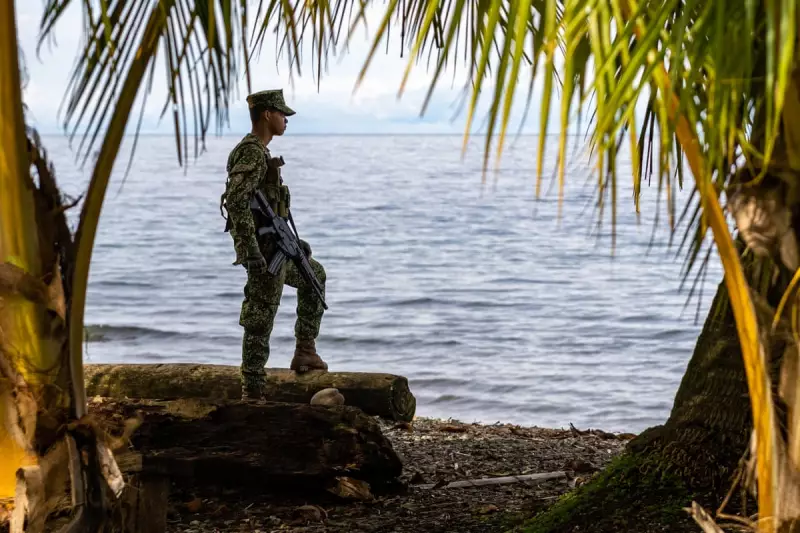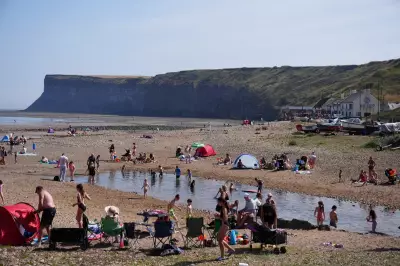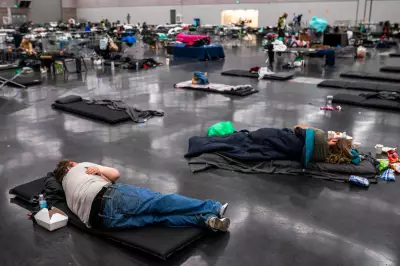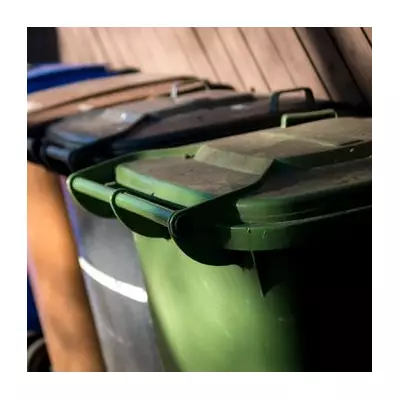
Paradise Under Threat: Gorgona's Conservation Success Story Confronts Militarisation
The pristine shores of Gorgona Island, a biodiversity haven off Colombia's Pacific coast, have become the unlikely frontline in a growing conflict between conservation efforts and national security interests. After four decades of dedicated environmental restoration, this marine protected area now faces an unprecedented challenge: the establishment of a military coastguard station funded by the United States government.
The Fatal Incident That Heightened Tensions
The controversy surrounding Gorgona intensified dramatically in September when Luis Fernando Sánchez Caicedo, a prominent human rights advocate with 15 years' experience supporting Afro-descendant and farming communities, was killed in a boat attack reportedly involving the Colombian navy. The incident, which also seriously injured the bodyguard of Mosquera's mayor Karen Lizeth Pineda, remains under official investigation but has significantly amplified local concerns about militarisation in the region.
Mercedes Colorado, government secretary of the nearby mainland municipality El Charco, voices the community's frustration: "This project to set up a military base was not consulted with any of the municipal authorities, Indigenous territories or the community councils." This lack of consultation has fuelled opposition and deepened feelings of exclusion from decision-making processes affecting their traditional lands and waters.
Conservation Triumph Versus Security Imperatives
Gorgona's transformation represents one of Colombia's most remarkable environmental success stories. Since becoming a national park in 1984, following its closure as a high-security prison often compared to Alcatraz, the island has undergone extensive ecological restoration. The marine protected area encompasses more than 60,000 hectares – approximately a third of Greater London's area – and hosts the most extensive and biodiverse coral reef system in the eastern tropical Pacific Ocean.
The conservation measures implemented here have been notably strict, including complete fishing bans within the MPA, restrictions on tourist interactions with whales, and limited human access to both terrestrial and marine zones. These efforts earned Gorgona international recognition in June through the Marine Conservation Institute's prestigious Blue Park award, acknowledging its exceptional conservation standards.
Professor Alan Giraldo, a biologist from Valle University in Cali who first visited Gorgona in 1989, expresses grave concerns: "The purpose of this area is protection – and having military personnel beside researchers and tourists contradicts this idea."
The Military Project's Environmental and Social Impacts
The £1.4 million coastguard project, financed by the United States and promoted by the Colombian navy, includes construction of a pier, radar installation, and facilities for navy personnel. Official environmental impact assessments acknowledge the project will generate 587kg of waste during construction, with a significant portion classified as hazardous.
Experts warn that the pier construction could increase sedimentation and alter water flows, potentially damaging the fragile coral reef ecosystem. The project also involves transporting a 20,000-litre fuel tank by boat from the mainland, creating spillage risks in these protected waters.
Beyond environmental concerns, local fishermen fear the military presence will restrict their movements and create dangerous misunderstandings. Espaciano Aguirre, a veteran fisherman, states starkly: "This base could mean the death of fishers." Communities worry about being mistaken for military targets by armed groups operating in the region, particularly when fishing at night.
Broader Geopolitical Tensions and Conservation Consequences
The Colombian government maintains the coastguard station and its radar are crucial for combating drug trafficking and illegal fishing. However, the project unfolds against a backdrop of escalating regional tensions. US naval forces have increased their presence in the southern Caribbean Sea, and former President Trump authorised extrajudicial military action against drug cartels in the region. Pentagon figures indicate US attacks on suspected drug boats have killed more than 80 people since early September.
The military base could jeopardise Gorgona's hard-won Blue Park status. Dr Sarah Hameed, director of Blue Parks at the Marine Conservation Institute, confirms the organisation was completely unaware of the coastguard project and notes that any threat to biodiversity conservation could trigger early re-examination of the award.
This development also challenges Colombia's progress toward the "30x30" global conservation targets. While official figures suggest Colombia protects 41% of its marine territory, the Marine Conservation Institute's detailed assessment indicates only 6.7% receives full or high protection – a category that includes Gorgona's exemplary marine protected area.
As Professor Giraldo solemnly observes, the military project "puts at risk ecosystems that have developed over hundreds of years and could be lost in a second" – potentially undoing four decades of conservation achievement on this remarkable island sanctuary.





